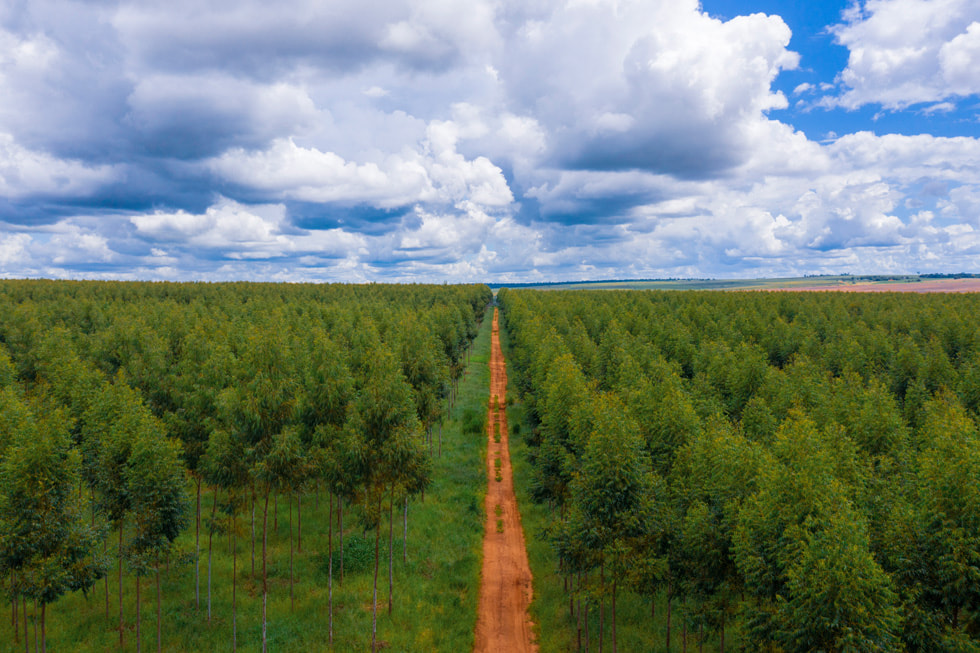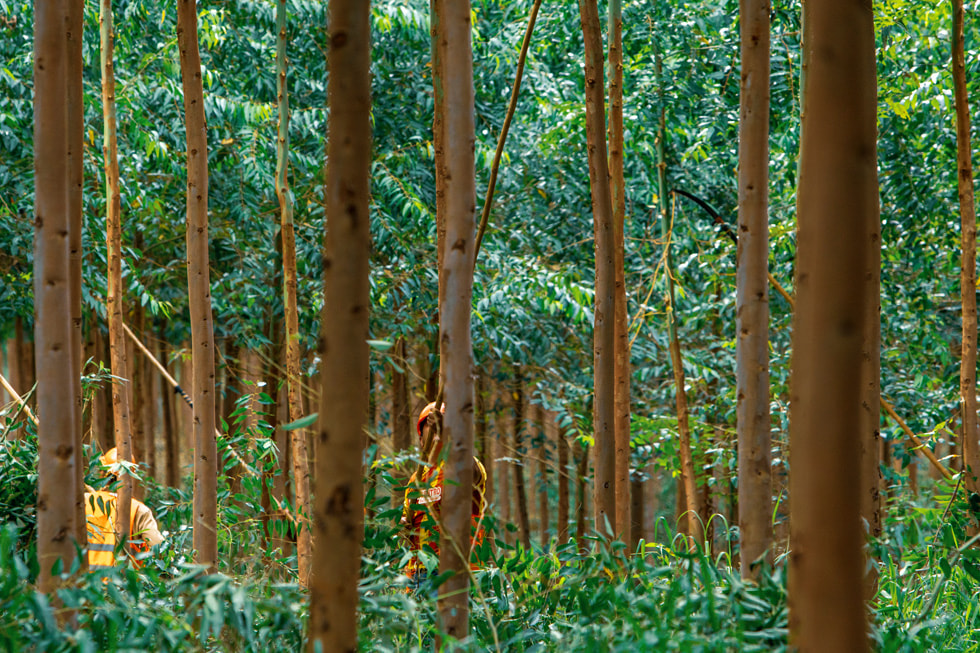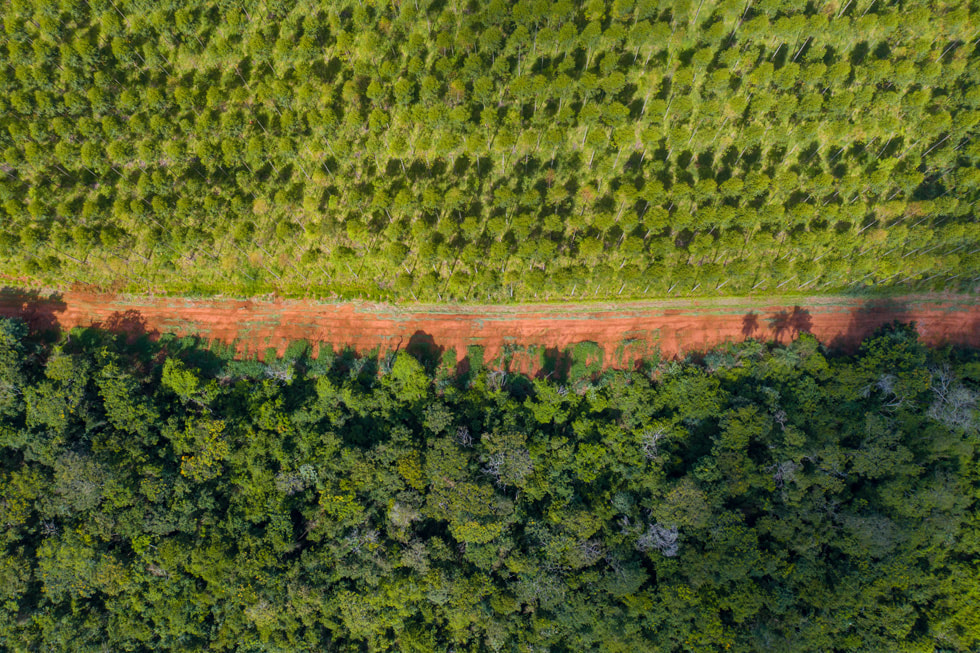UPDATE
11 April 2023
Apple expands innovative Restore Fund for carbon removal
A new fund with Climate Asset Management adds another option for securing high-impact, scalable, nature-based carbon removal offsets
Apple today announced a major expansion of its Restore Fund, doubling the company’s total commitment to advancing high-quality, nature-based carbon removal projects. First launched in 2021 with an up to $200 million commitment with Conservation International and Goldman Sachs, the Restore Fund is now set to grow with an additional fund, including new investment from Apple, and a new portfolio of carbon removal projects. Apple created the Restore Fund to encourage global investment to protect and restore critical ecosystems and scale natural carbon removal solutions. This approach also helps address residual emissions businesses cannot yet avoid or reduce with existing technology.
As part of the expansion, Apple will invest up to an additional $200 million in the new fund, which Climate Asset Management — a joint venture of HSBC Asset Management and Pollination — will manage. The new portfolio also aims to remove 1 million metric tons of carbon dioxide per year at its peak while generating a financial return for investors. For Apple suppliers that become partners in the fund, it will also offer a new way for them to incorporate high-impact carbon removal projects as they decarbonize.
“The Restore Fund is an innovative investment approach that generates real, measurable benefits for the planet, while aiming to generate a financial return,” said Lisa Jackson, Apple’s vice president of Environment, Policy, and Social Initiatives. “The path to a carbon neutral economy requires deep decarbonization paired with responsible carbon removal, and innovation like this can help accelerate the pace of progress.”
Apple and Climate Asset Management are taking a broadened approach with prospective projects, pooling two distinct types of investments: nature-forward agricultural projects that generate income from sustainably managed farming practices and projects that conserve and restore critical ecosystems that remove and store carbon from the atmosphere. This unique blended fund structure aims to achieve both financial and climate benefits for investors while advancing a new model for carbon removal that more fully addresses the global potential for nature-based solutions. All Restore Fund investments are subject to rigorous social and environmental standards.
Already carbon neutral for its corporate operations, last year Apple called on its suppliers to become carbon neutral across all Apple-related operations by 2030, including all of their direct and electricity-related emissions, also known as Scope 1 and Scope 2. High-quality carbon removals will help achieve this goal by offsetting any direct emissions that cannot be avoided or reduced. Suppliers are first expected to reduce emissions by transitioning to renewable energy, improving energy efficiency, and abating direct emissions. Earlier this month, Apple announced over 250 manufacturing partners have committed to power their Apple production with 100 percent renewable energy by 2030.
Located in Brazil and Paraguay, Apple’s three initial investments with Conservation International and Goldman Sachs aim to restore 150,000 acres of sustainably certified working forests and protect an additional 100,000 acres of native forests, grasslands, and wetlands. Together, these projects are forecast to remove 1 million metric tons of carbon dioxide from the atmosphere per year by 2025. Carbon removal is critical to addressing climate change and achieving global climate goals, as leading scientific bodies like the IPCC have emphasized.
To accurately monitor and measure the impact of Restore Fund projects, Apple is deploying innovative remote sensing technologies — including Space Intelligence’s Carbon and Habitat Mapper, Upstream Tech’s Lens platform, and high-resolution satellite imagery from Maxar — to construct habitat and forest carbon maps of the project areas. These detailed maps will help ensure that projects meet our high standards prior to investment and will quantify and verify the projects’ carbon removal impact over time. Apple is also further exploring the use of the LiDAR Scanner on iPhone to enhance monitoring capabilities on the ground.
The Restore Fund is part of the company’s comprehensive roadmap to become carbon neutral for its entire supply chain and life cycle of every product by 2030. Apple will reduce 75 percent of all emissions by 2030 and balance the remaining emissions with high-quality carbon removal.
Share article
Media
-
Text of this article
-
Images in this article


